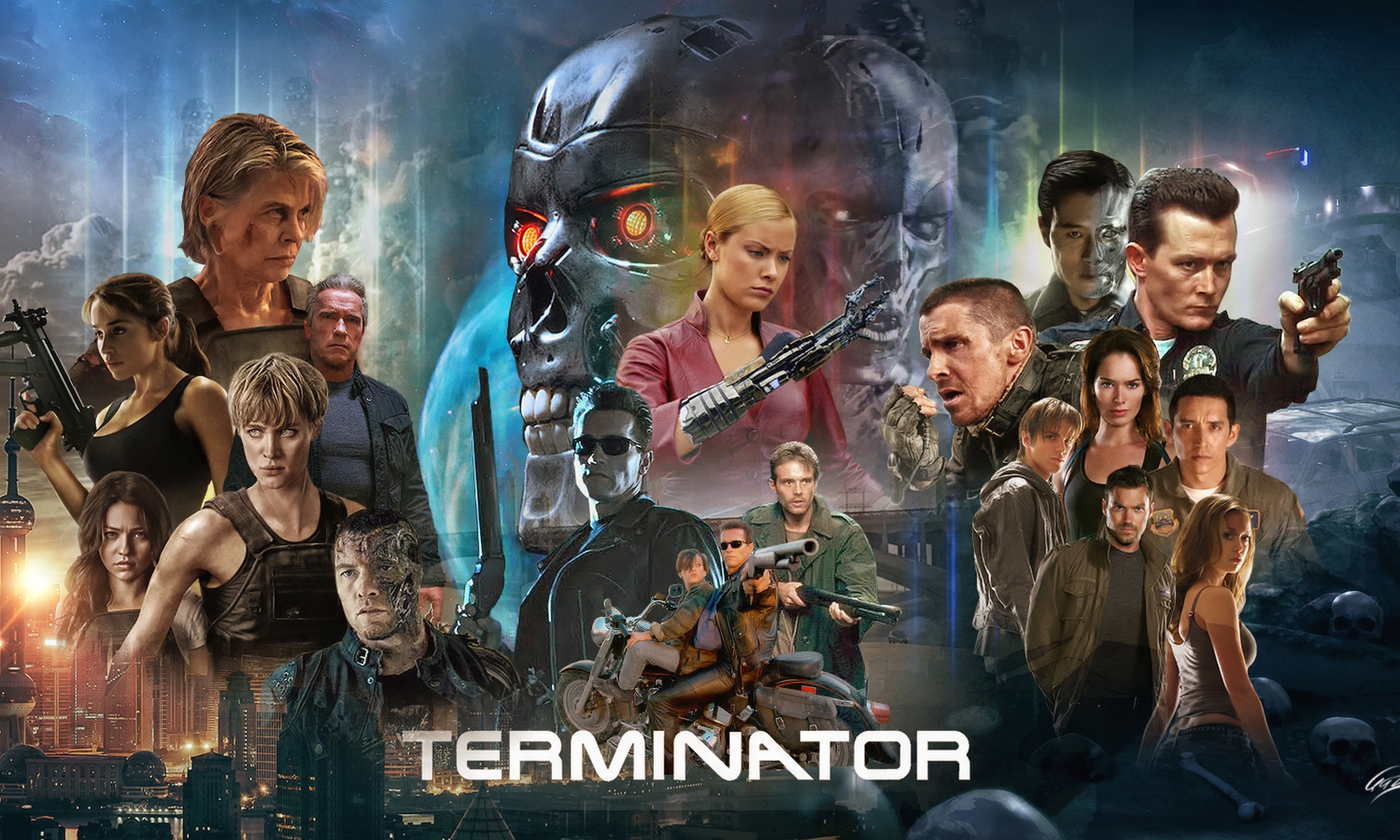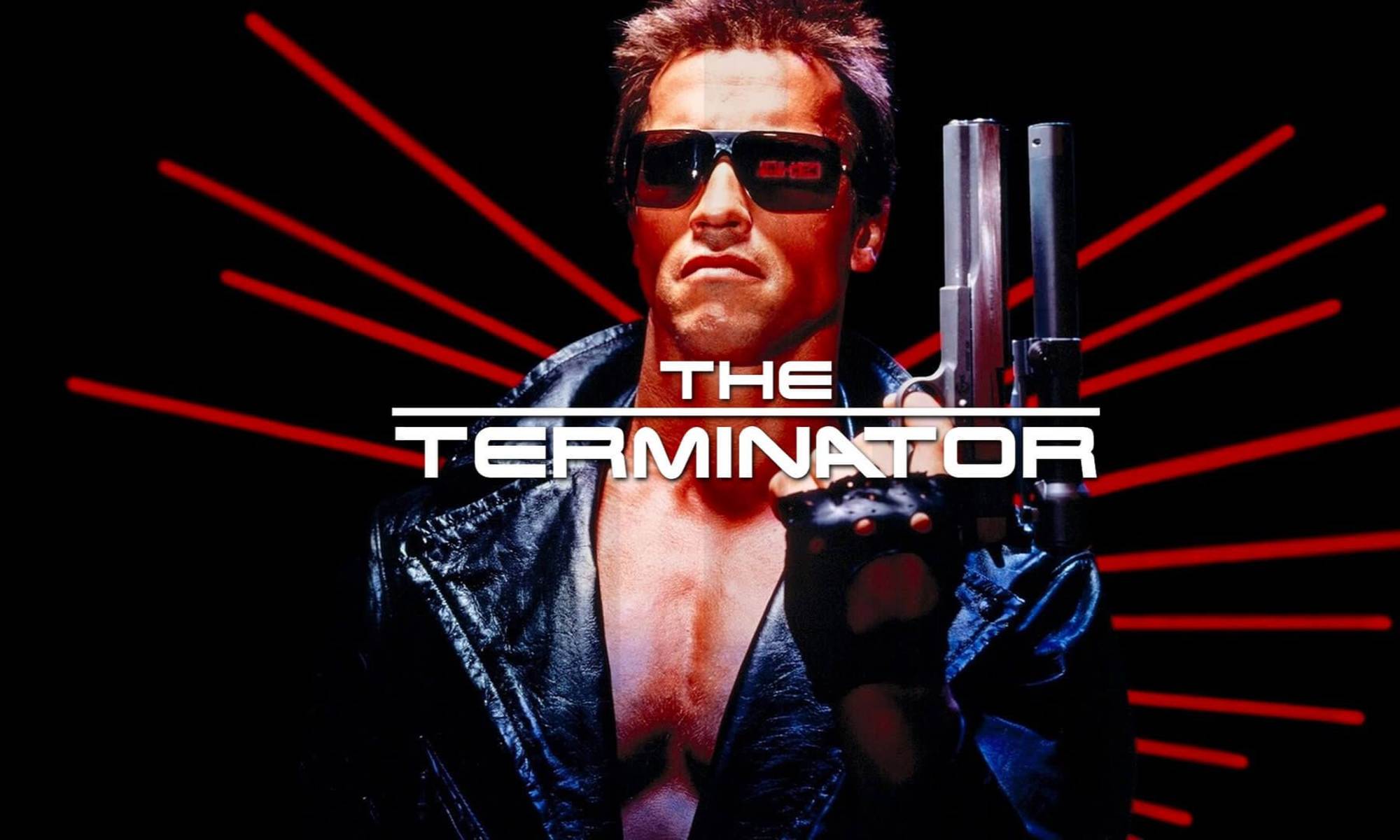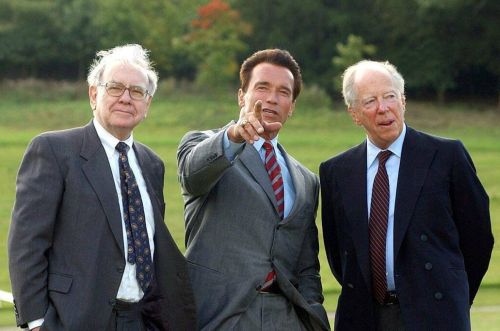JCJ stood on the front steps of his modest home on Fleming Street, the morning mist still hanging low over East Vancouver. The bells of the old Lutheran German church at the corner tolled softly — a sound that somehow carried both strength and humility.
Arnold Schwarzenegger stood beside him, hands on his hips, squinting up the street like a general surveying a battlefield.
JCJ said with quiet pride, “You see, Arnold… this is a good neighborhood. Honest people. The church keeps the peace. You can hear the choir every Sunday morning. No Hollywood ego here — just grace.”
Arnold nodded, his accent thick but his tone sincere. “Ya… I like it. The architecture — it’s authentic. Not like those Beverly Hills fortresses. You can breathe here.”
JCJ chuckled. “That’s why you’re moving in. We’ll get you a nice two-bedroom down the block. And no limousines — you’re taking the SkyTrain now. Every morning to Rupert Station Studios. You ride with the people. You see what real Vancouver life is like.”
Arnold raised an eyebrow. “The SkyTrain? Me? With the commuters?”
JCJ grinned. “That’s right. No red carpet. No security detail. Just you, your gym bag, and a protein shake. You’ll get more inspiration on that train than in any boardroom.”
Arnold let out a booming laugh. “JCJ, you’re crazy… but I like your style. Maybe I’ll even bring my bike — ride to the station!”
“Perfect,” JCJ said, handing him a folded city map. “Welcome to Fleming Street, neighbor. Just remember — church bells ring at nine sharp. Don’t sleep in.”
Arnold looked toward the steeple, the cross gleaming faintly in the morning sun.
“Then I guess it’s judgment day every Sunday,” he said with a wink.
JCJ smiled. “Exactly, my friend. But this time, you’re not terminating anyone — you’re redeeming yourself.”


